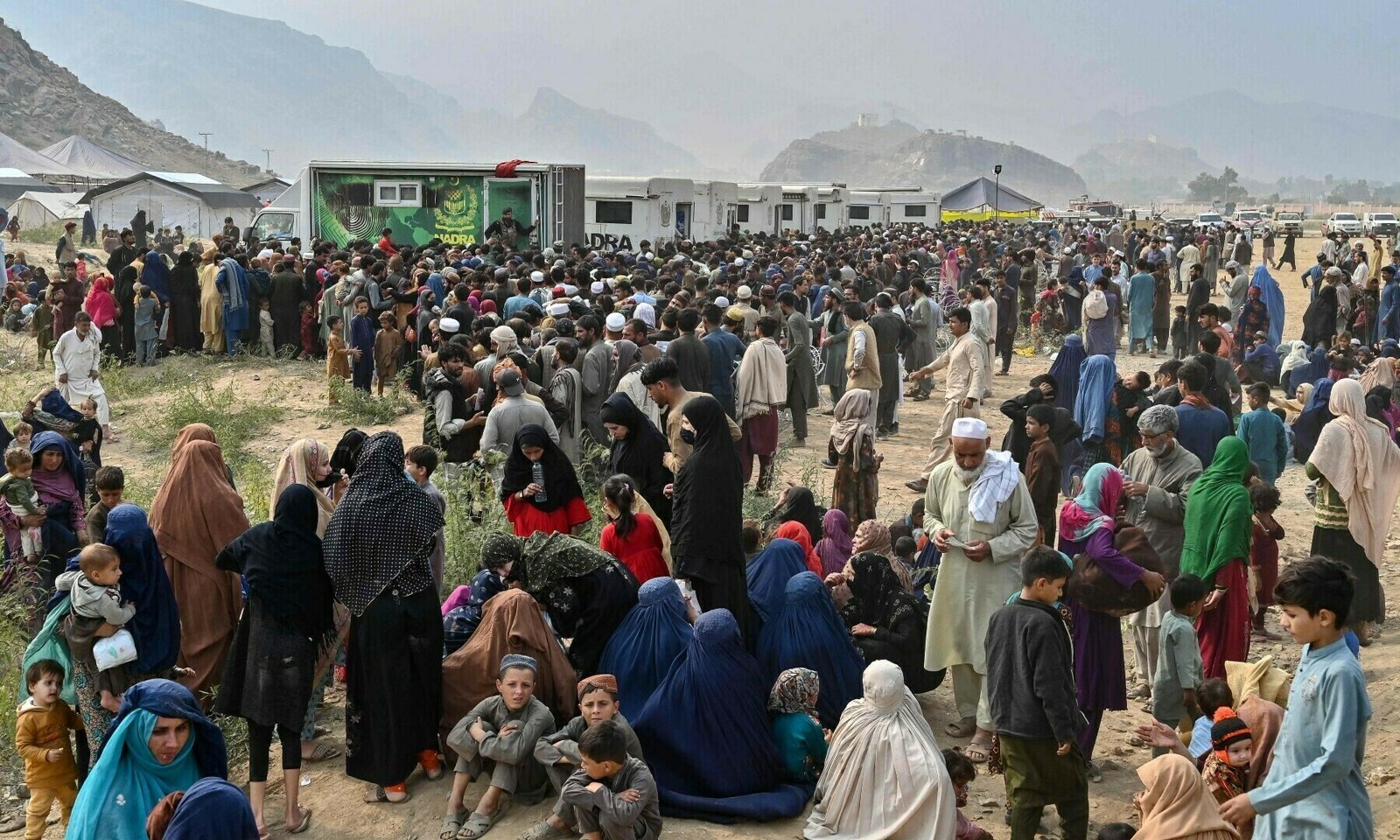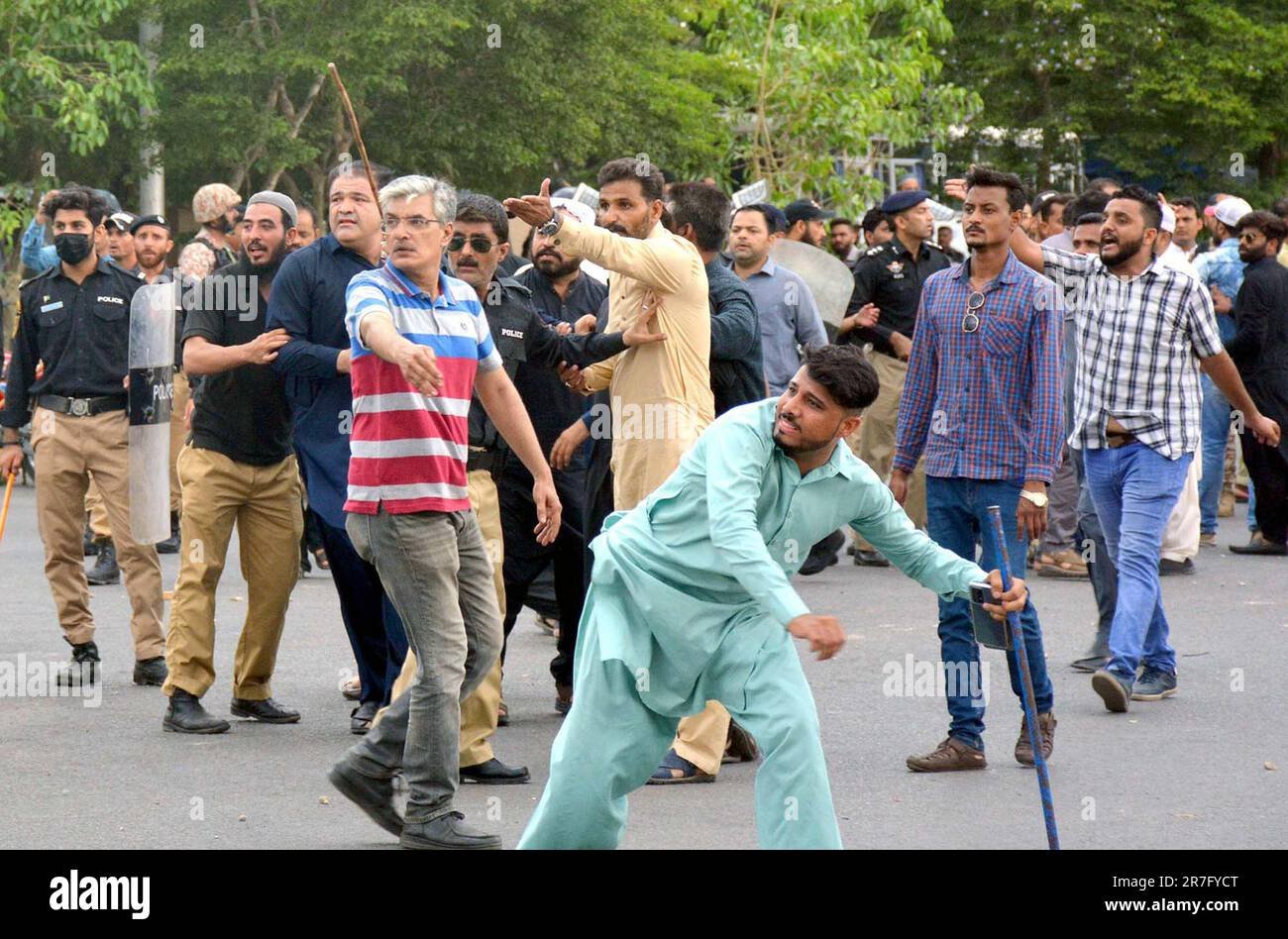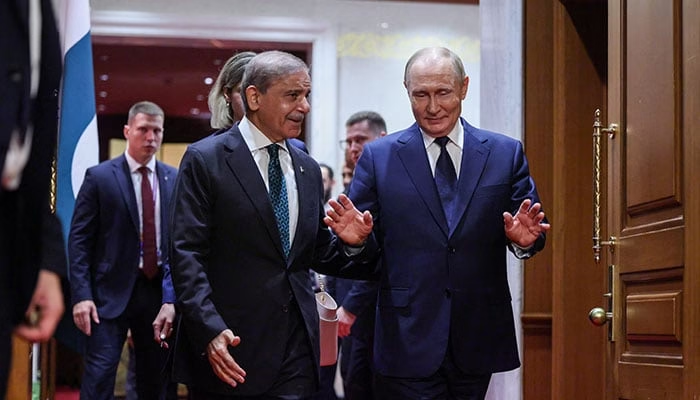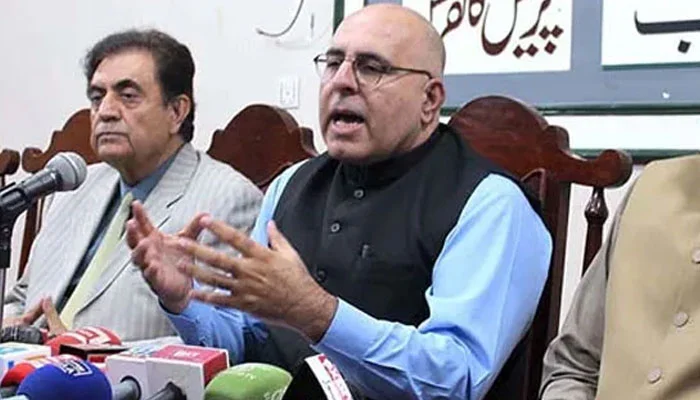The Taliban government has voiced apprehension regarding the rapid repatriation of Afghan refugees by the Pakistani government, highlighting potential challenges faced by those returning after decades of displacement.
During a recent visit to Kabul by a delegation led by Maulana Hamid-ul-Haq of Jamiat Ulema-e-Islam (Sami), concerns were raised regarding the hasty repatriation of Afghan refugees by Pakistan. This visit, facilitated by Asrar Madani, head of the International Research Council for Religious Affairs, marks the second high-profile visit following Maulana Fazlur Rehman’s trip in January.
According to reports, Taliban leaders conveyed their unease during discussions with the visiting delegation, emphasizing the adverse impact of attacks launched by Tehreek-e-Taliban Pakistan (TTP) from Afghan soil on relations between the two countries. The Taliban urged the TTP leadership to refrain from using Afghan territory for attacks on Pakistan, citing detrimental effects on bilateral ties.
Madani, quoting Taliban government officials, noted improvements in relations since a recent meeting where concerns were raised with TTP leaders such as Mufti Noor Wali Mehsud and Hafiz Gul Bahadur. However, there remains a belief within the Taliban, particularly the Haqqani network, that dialogue with the TTP could facilitate better relations. Pakistani officials, however, are cautious, citing past instances where concessions to the TTP resulted in continued violence.
The Taliban government expressed reservations about Pakistan’s swift repatriation of Afghan refugees, highlighting the challenges faced by individuals returning to their native land after decades of displacement. Concerns were raised about the changed landscape and the struggle for resettlement.
Many members of the Taliban leadership have themselves been refugees in Pakistan for extended periods. For instance, Mulla Haibatullah, the supreme leader, spent nearly 15 years teaching in a madrassa in Kuchlak (Quetta). Maulana Abdul Hakeem Haqqani, the current chief justice of Afghanistan, and Amir Khan Muttaqi, the foreign minister, also resided in Pakistan. Khalil-ul-Rehman Haqqani, the minister for refugees, lived in Peshawar.
Pakistan has defended its repatriation policy, asserting that it aims to combat terrorism. Officials have cited instances of Afghan nationals’ involvement in attacks against the government and the army, including a significant number of suicide bombings.
Interim Prime Minister Anwaar-ul-Haq Kakar emphasized in November 2023 that a considerable proportion of individuals engaged in criminal and terrorist activities were among these illegal immigrants.



